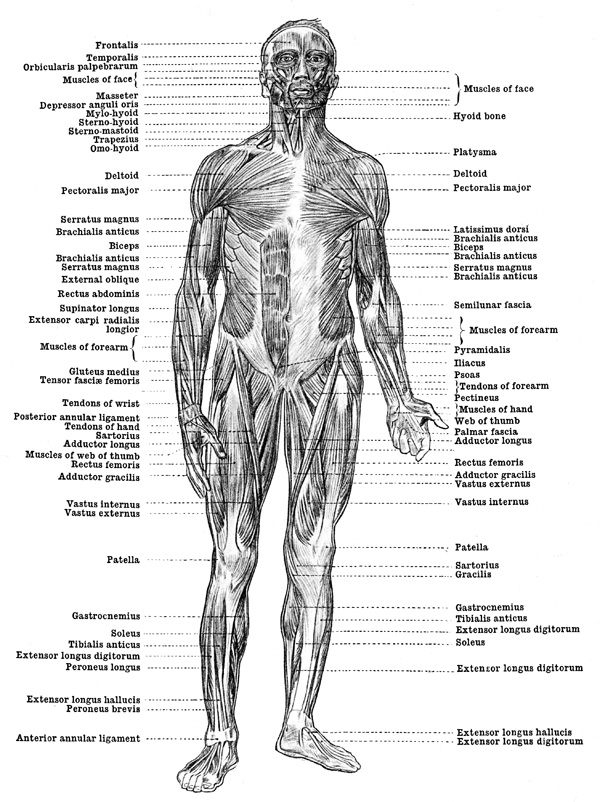Nebraska workers’ compensation law states that an accident is “an unexpected or unforeseen injury happening suddenly and violently, with or without human fault, and producing at the time objective symptoms of an injury.” Neb. Rev. Stat. §48-151(2). In our practice, we are often faced with a situation where an injured worker is unable to answer the question: “When did the accident occur?” Often, this is because they don’t even realize they have experienced what Nebraska workers’ compensation law considers to be an “accident.” The plain, ordinary and popular understanding of what “suddenly and violently” means in the English language doesn’t seem to fit with this situation. This is because the injury resulted from repetitive trauma – i.e. an overuse injury – and the worker is unable to point to a particular point in time when an “accident” occurred. They didn’t slip and fall, nothing fell on their foot, they weren’t in a car accident, etc. It just started hurting and affecting how well they could do their job then finally got so bad that they had to seek medical treatment. The Nebraska Supreme Court recently addressed this issue, and, in the process, reaffirmed and explained Nebraska’s rule for determining when a repetitive trauma injury happened.
In Nebraska, the phrase “suddenly and violently” means only that the injury manifested at an identifiable point in time. The rule for the last 15 years or so has been that the “identifiable point in time” is essentially when an employee discontinues employment and seeks medical attention. What this means in simpler terms is that the date of accident is whenever an injury got so bad an injured worker had to take off work to go to the doctor. The Supreme Court reaffirmed this rule for a number of reasons, including how simple it is to determine the date of accident, based on this objective criteria. The Court also found that it just makes sense to say that an employee has really experienced a decrease in their employability or earning capacity, and therefore experienced a disability, when they have to take time off work to go to the doctor.
Why is it important to know the date of accident in a repetitive-trauma case? It is important for a number of reasons, and you should seek the advice of an experienced workers’ compensation attorney for more information and/or assistance with your case. Particularly for injured workers, it is important because it is relevant to when the statute of limitations on the case begins to run. These injuries often start developing years before they get so bad that the worker must take time off to go to the doctor. This fact may discourage injured workers from reporting or pursuing workers’ compensation claims because they think it is too late. It is always important to understand whether your claim is barred by the statute of limitations or not, but knowing when the accident occurred is the first step in that determination. It is also important because the maximum benefit rates available to injured workers for temporary and permanent indemnity benefits are based on what year the accident occurred and change from year to year. Finally, it is important because people change jobs, and companies change ownership. Regardless of how long an injury took to develop, and how many different employers an injured worker performed work for, Nebraska law states that the employer who employed that worker on the date of accident, and their insurance company, is liable to that worker.







